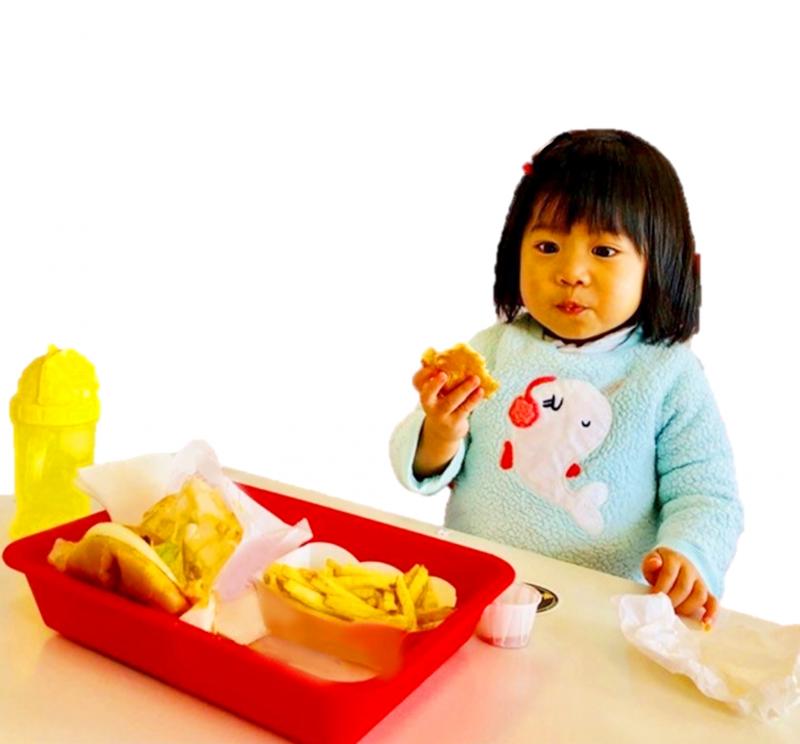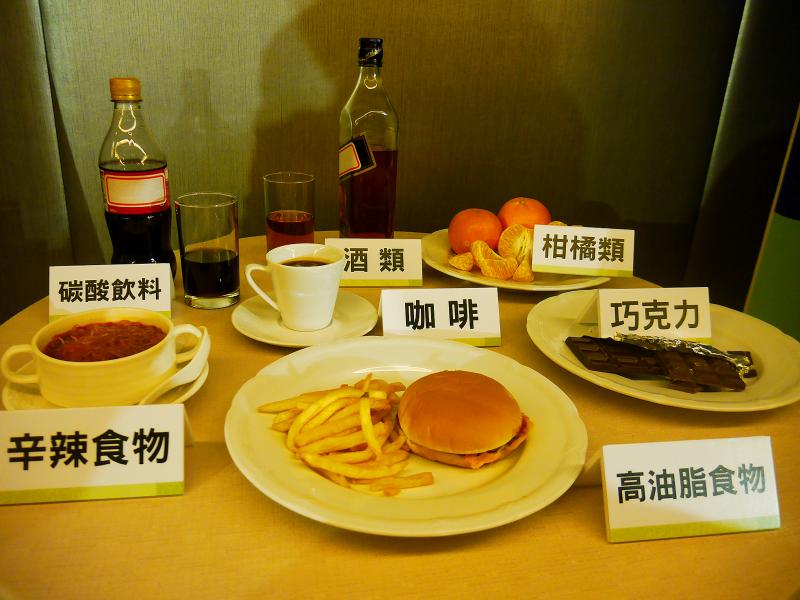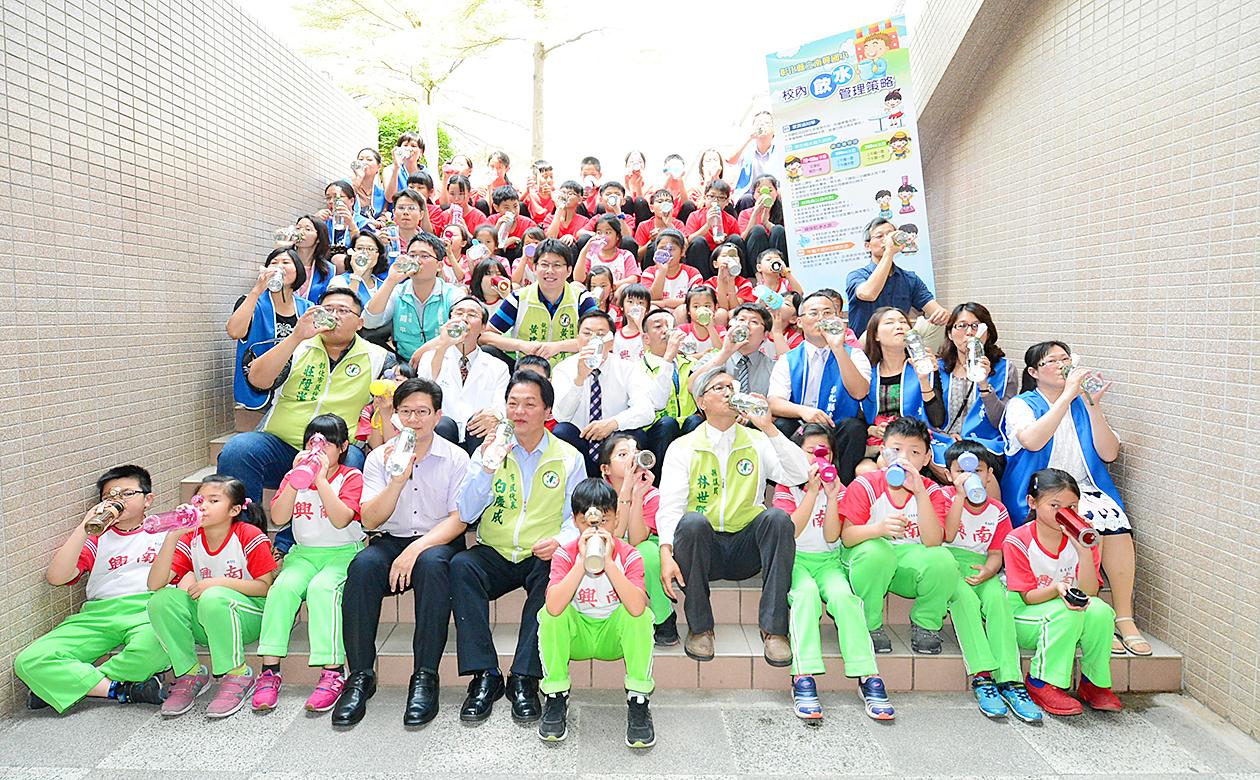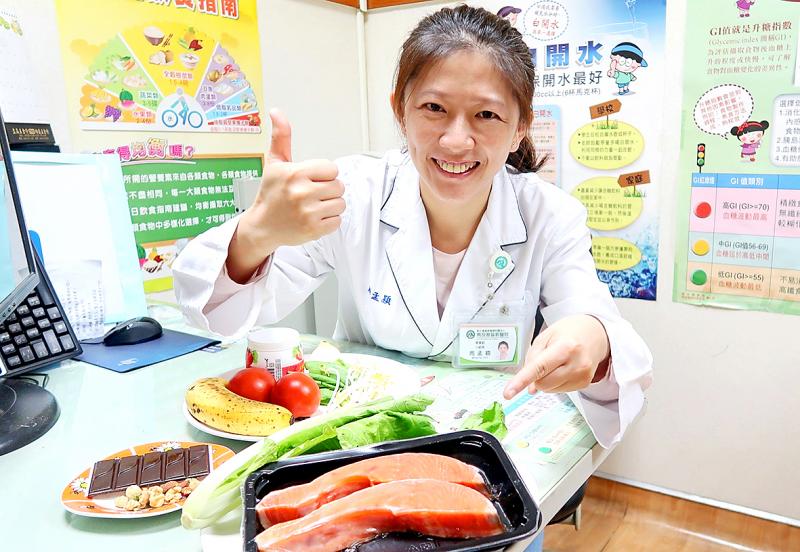I’m entering my fourth decade here, but the changes in Taiwan I’ve experienced have largely been so positive that I can find little to be nostalgic about. I don’t miss the private phones that cost one New Taiwan dollar to use, the mad traffic or the constant queue jumping. But I do ponder my students and from time to time, wonder where the skinny ones all went to.
Childhood obesity is subset of a problem now common in all developed countries, so prevalent there are scholarly journals devoted entirely to studies of the issue. Taiwan is naturally no exception to this trend. Various studies spit out different numbers, from 15 percent up to nearly 30 percent. A 2016 figure put the rate of overweight and obese kids at over 27 percent, with higher rates of occurrence among females. The International Obesity taskforce similarly observed that Taiwan ranked 7th among developed countries in childhood obesity, with rates as high as 29 percent. Among children, a national survey in 2012 found that the rate was 31.7 percent for boys and 25.1 percent for girls (conclusions vary as to which sex suffers more, some studies find higher rates among females).
As with many other sociodemographic variables in Taiwan, the south is harder hit, with the highest childhood obesity rates in Taiwan. This pattern is observable even in Taipei: a 2018 study showed that kids from lower income and less educated areas of the city are shorter and chubbier than their higher income counterparts.

Photo courtesy of Lee Yi-cheng
LONG-TERM EFFECTS
In every nation obesity is linked to a wide range of chronic diseases such as hypertension and diabetes and other long-term health problems. Consequently, it is a major expense for Taiwan’s national health insurance program and widely regarded as a critical health issue for the nation.
Childhood obesity also has a range of negative psychological effects, such as lowered self-esteem and body image. In the West obesity is often associated with misbehavior in classrooms as children act out these negative views of themselves. In Taiwan this is not the case. Scholars attribute this difference to the nation’s Confucian-influenced culture, with its cultural preference for authoritarian parenting in which elders are respected and obeyed. I might add that the schools acting in loco parentis are just as authoritarian — in Confucian culture, personalities are formed and disciplined from the outside in and schools are supposed to supply that discipline.

Photo: Lin Hui-chin, Taipei Times
These negative psychosocial effects extend to those around obese children: people regard them with less respect. In one 2018 study in Taiwan, nursing students — as nice a group of people as one could find, in my experience — regarded overweight children as “not as good as other children.” Such attitudes are widespread in Taiwanese society.
MULTIPLE FACTORS
According to researchers, obese children in Taiwan usually have diets poorer in nutrients, and they have parents with similar characteristics. They spend far more time on computers and watching TV than their skinnier counterparts, and get less exercise (their parents also model these same behaviors). They live in urban areas — children in the mountains are less likely to be obese. Anyone who has spent time in Aboriginal areas knows how active and outgoing the kids are there, much more fun, at least to me, than the passive, timid children of Taiwan’s city-dwelling Han.

Photo courtesy of the Changhua County Government
Surprisingly, one review article last year found no significant link between convenience stores and childhood obesity in East Asia.
Yet in Taiwan the sedentary lifestyles of children in cities may well be linked to other factors that studies have seldom explored. Taiwan’s parks, especially in older developments, are dominated by authoritarian design practices. They are surrounded by walls so access can be sealed off in case protesters gather there, and they are studded with trees and cut up into small areas to make it more difficult to form or speak to a crowd. It is not a coincidence that democratization in Taiwan has resulted in parks with more space for movement. The result is that there are few spaces for children to run around in, even if parents were willing to throw them out the door in the morning to play, rather than making them sit still to finish their homework. Further, because parents are overworked, thousands of children are being raised by grandparents who are too old to take the kids out to toss a ball around.
School workloads socialize children into long hours of sitting in which meals of crappy food are gulped, not enjoyed, on short breaks. Kids then move to classes in the evening to repeat this process. On weekends, exhausted, they sleep. When awake, they are doing homework. This sedentary lifestyle marked by poor sleep is a major cause of obesity. We’re not educating our children, but slowly killing them.

Photo: Hsieh Chieh-yu, Taipei Times
SOME POSITIVES
Still, there are positives. One aspect of globalized brand culture is the massive increase in advertising that children are exposed to, especially junk food advertising. Studies have shown that such advertising is linked to childhood obesity. Consequently, consumer groups the world over have begged governments to ban such advertising to children. In Taiwan the Children’s Welfare League Foundation (兒童福利聯盟) succeeded in getting the government to ban some junk food advertising in 2016.
The ban applies to the popular viewing hours of 5pm to 9pm only. The ban defines foods as junk food if fat exceeds 30 percent of the total calories, if saturated fat comprises more than 10 percent of its total calories, if sodium per serving is over 400 mg and if added sugars exceed 10 percent of the total calories. Advertisers can be asked to correct information deemed erroneous, and fines for stations airing such ads can reach NT$4 million. Commercials for food products offering toys also fall under this ban. A salutary effect of this ban is that at least one major fast food chain altered the composition of its children’s meals to add relatively more healthy food to them.
Educational and health authorities in Taiwan are well aware of these issues. Papers routinely call for interventions such as the education of parents, since it has been shown that parental rules reducing TV viewing and computer game playing are effective in reducing childhood obesity, or increased emphasis on prevention in schools. Sadly, nothing on a national scale has been attempted. Until the parents themselves get off their butts and demand change, Taiwanese children will continue to grow fatter.
Long-time resident Michael Turton provides incisive commentary informed by three decades of living in and writing about Taiwan.

On a hillside overlooking Taichung are the remains of a village that never was. Half-formed houses abandoned by investors are slowly succumbing to the elements. Empty, save for the occasional explorer. Taiwan is full of these places. Factories, malls, hospitals, amusement parks, breweries, housing — all facing an unplanned but inevitable obsolescence. Urbex, short for urban exploration, is the practice of exploring and often photographing abandoned and derelict buildings. Many urban explorers choose not to disclose the locations of the sites, as a way of preserving the structures and preventing vandalism or looting. For artist and professor at NTNU and Taipei

March 10 to March 16 Although it failed to become popular, March of the Black Cats (烏貓進行曲) was the first Taiwanese record to have “pop song” printed on the label. Released in March 1929 under Eagle Records, a subsidiary of the Japanese-owned Columbia Records, the Hoklo (commonly known as Taiwanese) lyrics followed the traditional seven characters per verse of Taiwanese opera, but the instrumentation was Western, performed by Eagle’s in-house orchestra. The singer was entertainer Chiu-chan (秋蟾). In fact, a cover of a Xiamen folk song by Chiu-chan released around the same time, Plum Widow Missing Her Husband (雪梅思君), enjoyed more

Last week Elbridge Colby, US President Donald Trump’s nominee for under secretary of defense for policy, a key advisory position, said in his Senate confirmation hearing that Taiwan defense spending should be 10 percent of GDP “at least something in that ballpark, really focused on their defense.” He added: “So we need to properly incentivize them.” Much commentary focused on the 10 percent figure, and rightly so. Colby is not wrong in one respect — Taiwan does need to spend more. But the steady escalation in the proportion of GDP from 3 percent to 5 percent to 10 percent that advocates

From insomniacs to party-goers, doting couples, tired paramedics and Johannesburg’s golden youth, The Pantry, a petrol station doubling as a gourmet deli, has become unmissable on the nightlife scene of South Africa’s biggest city. Open 24 hours a day, the establishment which opened three years ago is a haven for revelers looking for a midnight snack to sober up after the bars and nightclubs close at 2am or 5am. “Believe me, we see it all here,” sighs a cashier. Before the curtains open on Johannesburg’s infamous party scene, the evening gets off to a gentle start. On a Friday at around 6pm,